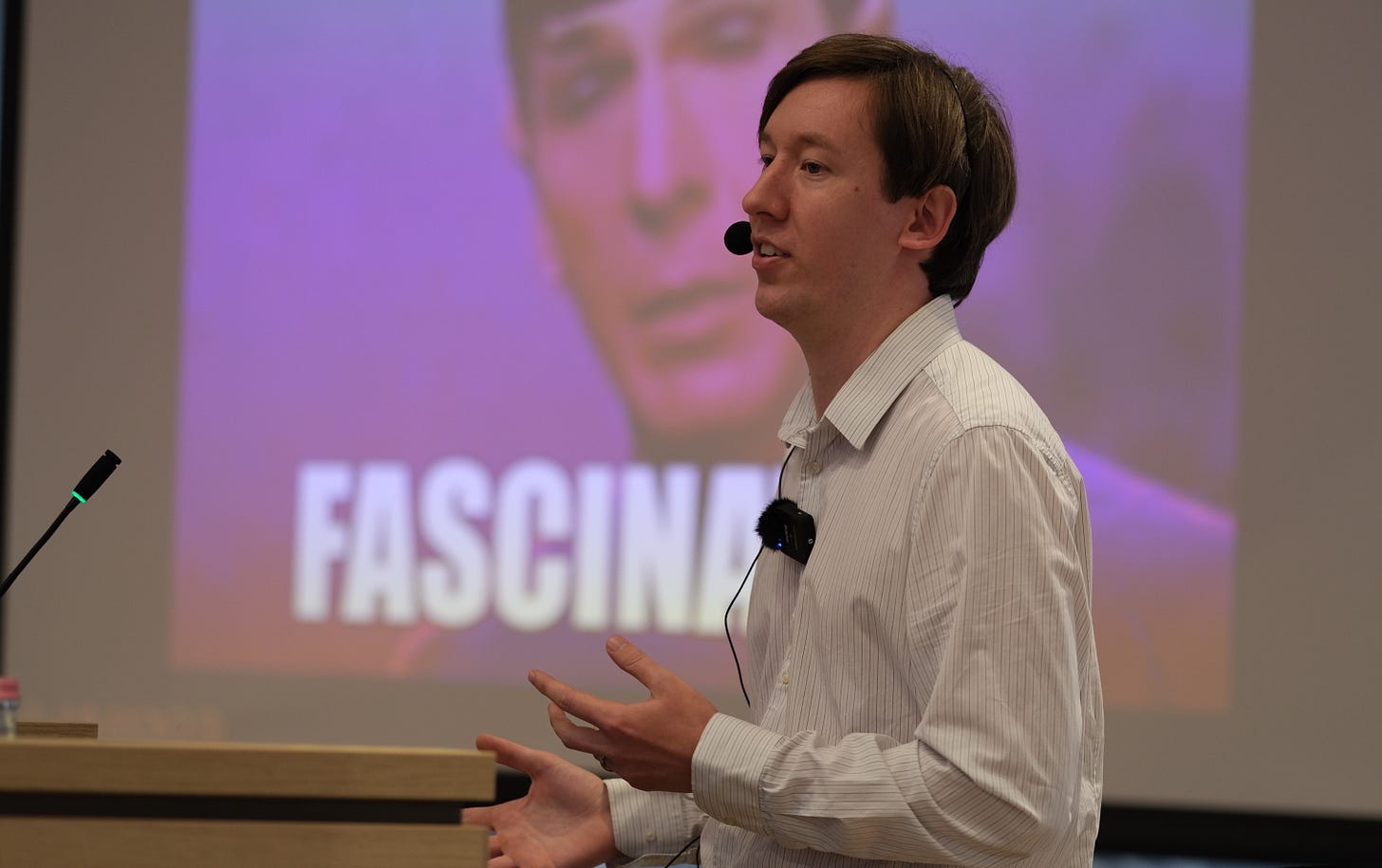A Week with the New Intellectuals
Here are three big takeaways I got from my week at the New Intellectuals Conference.
Does the future look bright?
Last week, I attended and spoke at the New Intellectuals Conference (NICON) in Budapest, Hungary. The conference, themed around the idea that “the future looks bright,” brought together advocates of reason and freedom for five days of presentations and discussions about what the future holds and how to improve it.
Even when I…
Keep reading with a 7-day free trial
Subscribe to Reason for Living to keep reading this post and get 7 days of free access to the full post archives.





